COP26 Deforestation Promise
Promising news that I wanted to share from COP26 as over 100 nations have promised to end and reverse deforestation by 2030, in the summit’s first major deal.

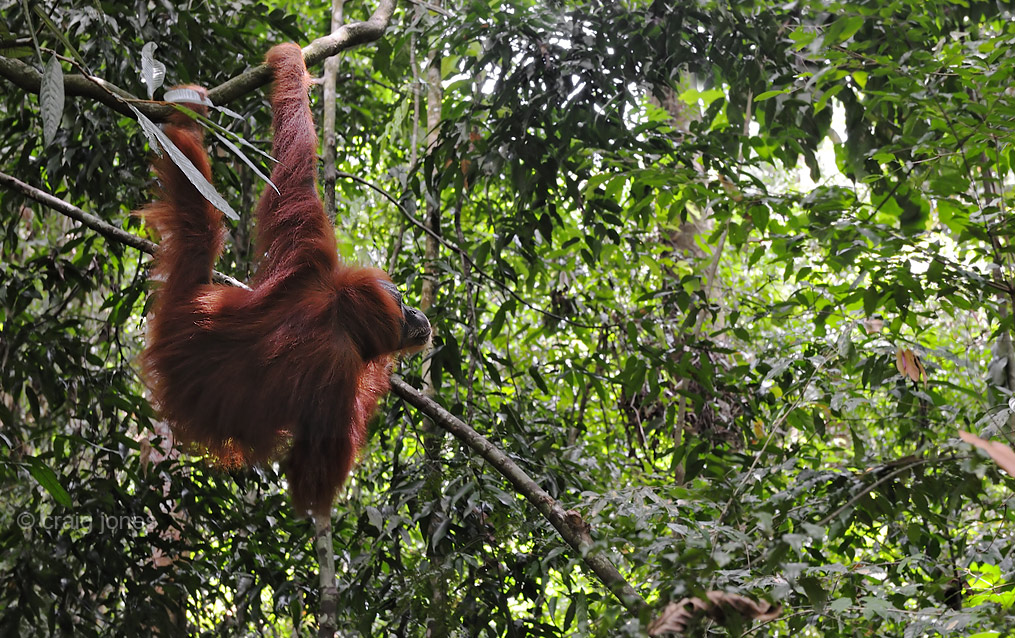 Governments of 28 countries have also committed to remove deforestation from the global trade of food and other agricultural products such as palm oil, soya and cocoa. One of those countries to sign up to this deal is Indonesia, who are the world’s largest exporter of palm oil.
Governments of 28 countries have also committed to remove deforestation from the global trade of food and other agricultural products such as palm oil, soya and cocoa. One of those countries to sign up to this deal is Indonesia, who are the world’s largest exporter of palm oil.
This product is found in everything from shampoo to biscuits and its production is driving massive rainforest destruction and territory loss for indigenous people.
They take some of the best rainforests in the world, chop and burn it to the ground, changing it into a soulless landscape of palm oil within a matter of weeks, with brutal efficiency. Anything in its way gets crushed, killed and discarded.
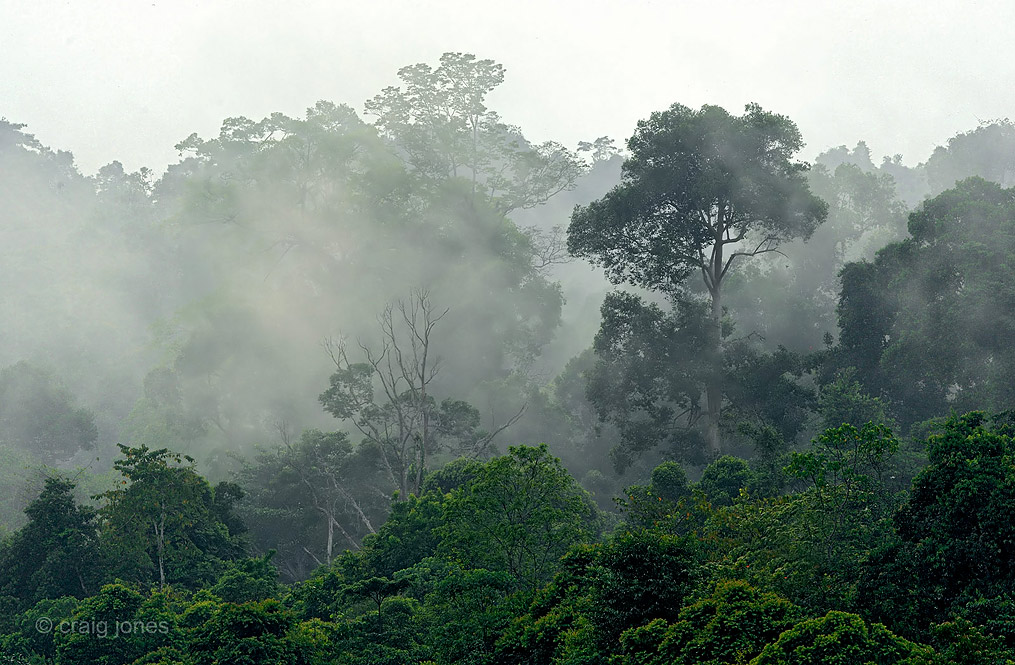
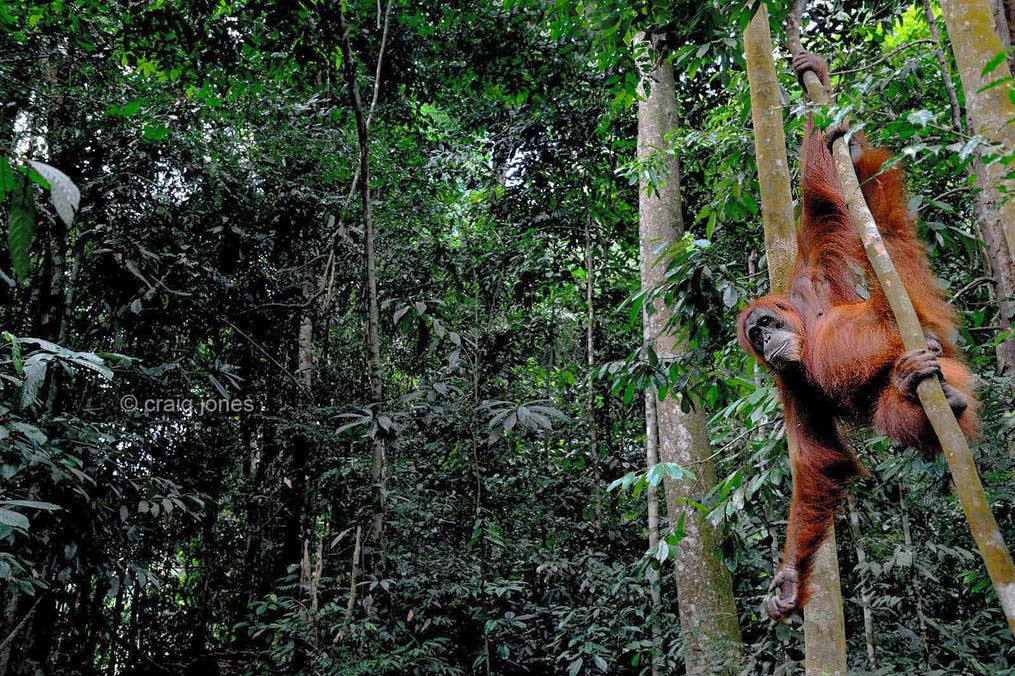
They turn it into a tattered landscape of barren red earth, a truly inhospitable place full of alien palm oil trees, where once one of the finest rainforests in the world stood.

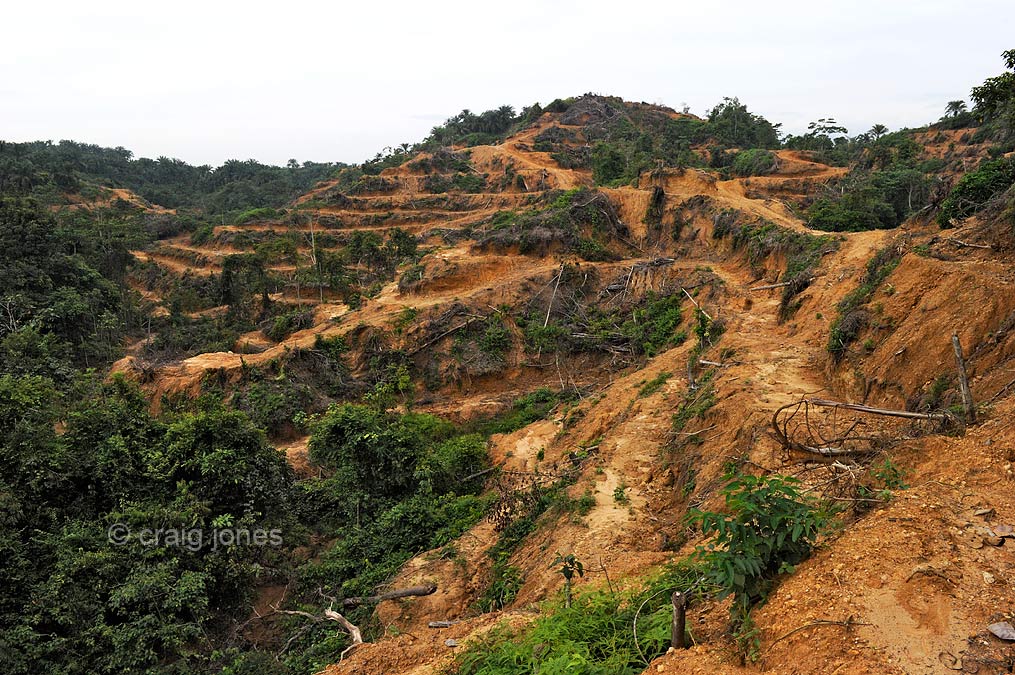


The worlds rainforests act as a dehumidifier and without them the planet will become inhabitable. This timetable for me it too long and it should have been sooner than 2030. We need to consume less palm oil, protect what forests are left, while enforcing the strict international laws protecting these special places along with their wildlife.
I recently wrote an article for Palm Oil Detectives and share my thoughts on Sumatra and palm oil click here to read this.
For nearly a decade I’ve visited Sumatra, an island to the South of Borneo. One of only two places in the world where Orangutans live.
Working with the best guides, all of whom are native to Sumatra I’ve been incredibly lucky to spend time with these critically endangered Sumatran Orangutans. Trekking and camping looking for these great apes in the rainforests there was an incredible experience.






During this period I have also tried to show, highlight and cover the destruction deforestation is causing in Sumatra. Hoping to raise awareness of what is happening to this special place, its people and unique wildlife. Some of those that follow my blog might remember, but here are a few;


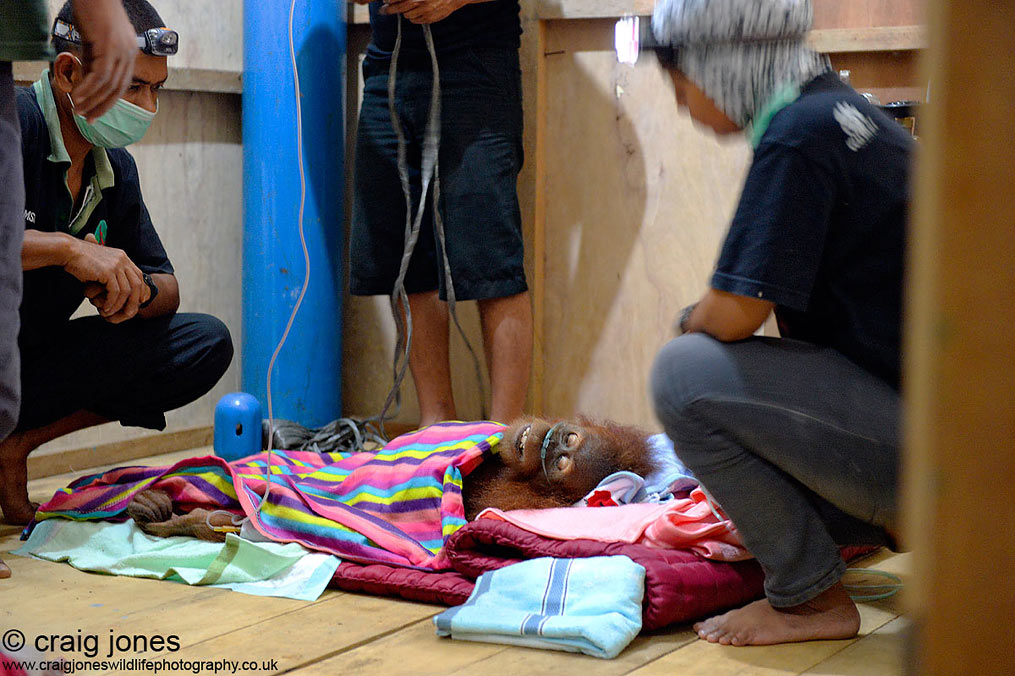


















When I first saw this headline I was really optimistic and happy as the worlds forests are so important to our survival. My hope and wish is that those countries that have signed up to this agreement act on it to save what is left and try to restore those areas where once forests stood proudly.
There will be those that aren’t happy with this, but its a positive start and a step in the right direction. Local, indigenous people hold the key I believe. I really hope their knowledge, expertise is unitised in cutting deforestation and saving what remains of the earth’s green lungs.

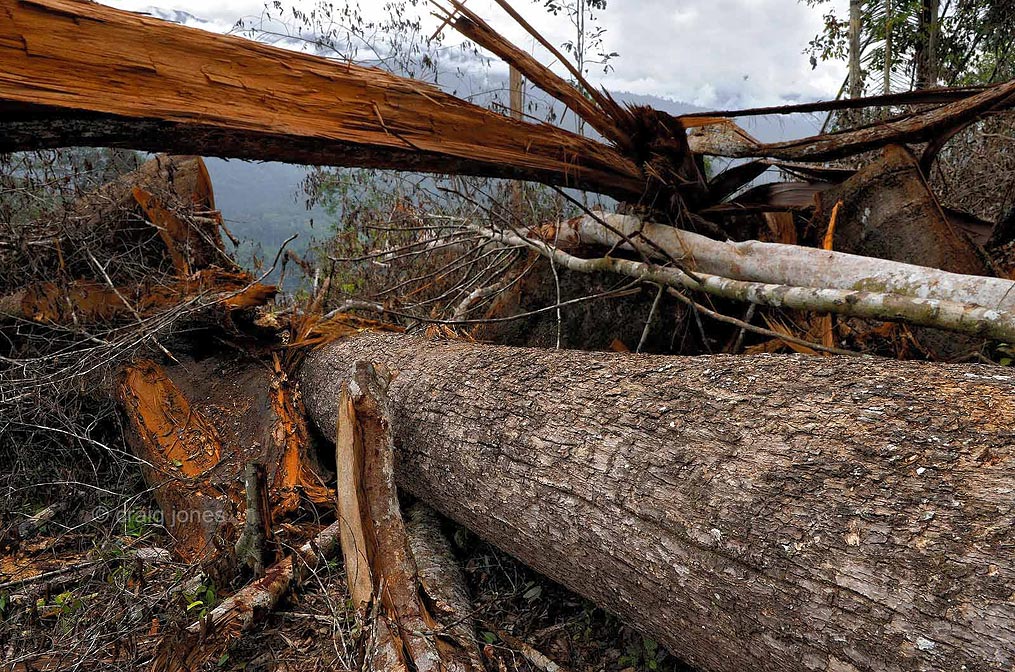
My Closing Thoughts on Sumatra–
Long term initiatives like reducing corruption, massive changes in management regimes and actions, long-term institutional change, as well as monitoring trade and prosecuting criminal behaviour will take to long to develop to an effective level to halt the immediate crisis. Without direct intervention in the national parks the Orangutans along with other forest-dependant wildlife- like the Sumatran Tigers and Elephants will become progressively scarcer until their populations are no longer viable.
Given the rate of deforestation in the past several years, and the recent widespread investment in oil palm plantation’s and bio diesel refineries, calculations suggest that 98% of lowland forest maybe destroyed by 2024/5. The incentive to log the protected areas will grow as timber companies run out of supplies outside of the parks, in turn they will start to degrade the national parks. These areas have to be protected and many times during my visits to Sumatra I have been told by locals that the government is letting everyone down by the lack of enforcement there.
There are some 2155 field rangers at the last count that patrol an area of 108,000km square. They have no access to helicopters, aeroplanes and necessary arms or military patrolling skills that would enable them to prevent illegal activity. Logging companies use bribes and are better armed and equipped than most rangers. If the rangers had the necessary training, communication, transport and arms then they’d be better placed to protect and prevent these illegal acts against the protected forests.
They Indonesian government does have such a small force in the shape of their SPORC -rapid response ranger units. However their impact and presence is too small and they lack the mandate, training and equipment to prevent illegal loggers from operating inside the protected areas
The removal of illegally grown plantations, with mining and agricultural development inside the national parks is another major thing that needs to be implemented.
Reducing the rate of deforestation over Indonesia as a whole will also have a dramatic impact on the regional carbon dioxide emissions and thus help to prevent dangerous levels of global climate change. If the logging of national parks continues unchallenged it could under-mine the protected area concept worldwide.
The Indonesian initiatives to strengthen the protection of their parks therefore urgently need substantial support from the international community if the Orangutan habitats and national parks are to be rescued from this growing state of emergency that’s happening there now.

Leave a Reply